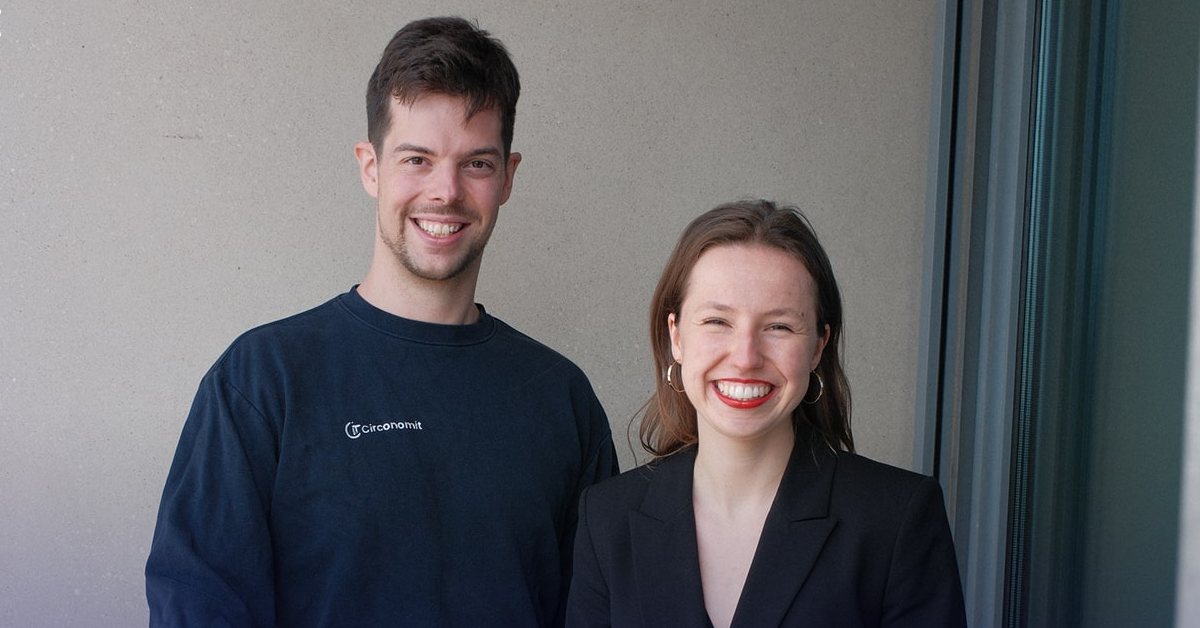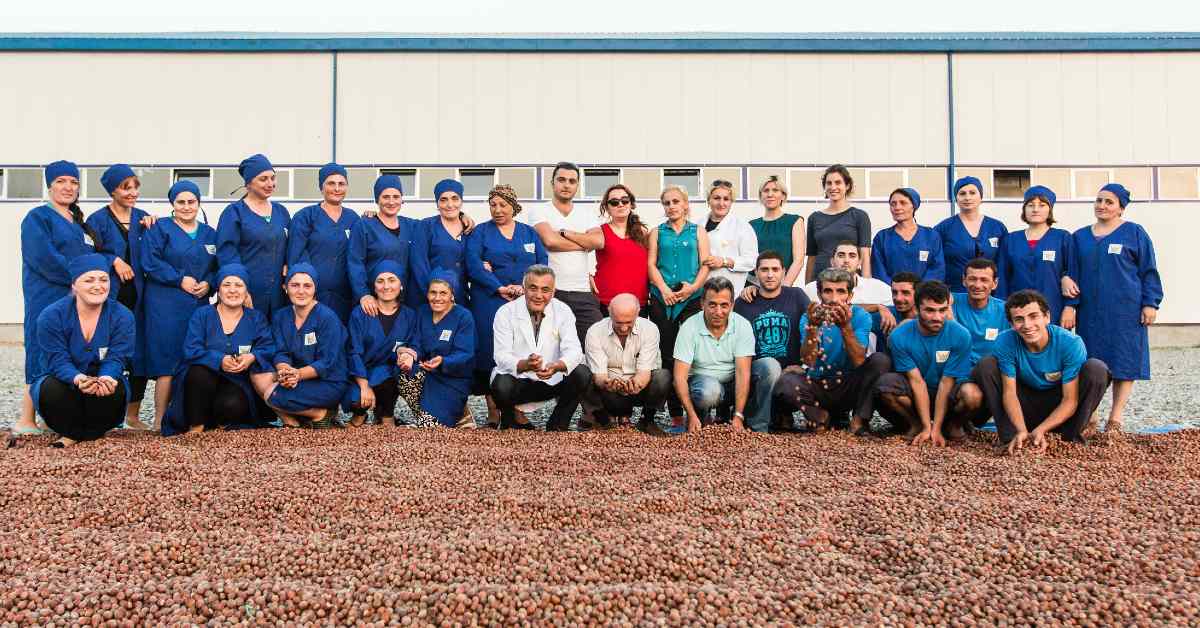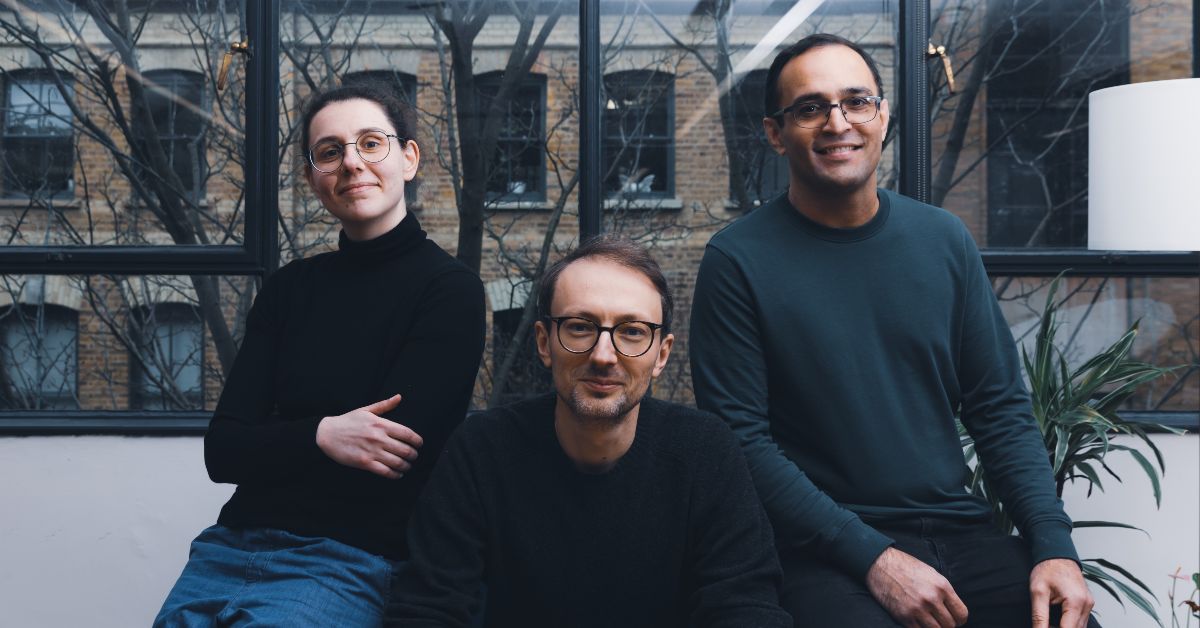Delft-based Orange Quantum Systems, a quantum technology company, on Wednesday, announced that it has closed an oversubscribed €12M seed round.
The round was led by Icecat Capital, supported by Cottonwood Technology Fund, QBeat Ventures, QDNL Participations, and InnovationQuarter Capital.
This marks the largest seed investment round thus far in the Netherlands’ quantum computing sector.
Fund utilisation
The company will use the funds to build faster test machines that check quantum chips in days rather than weeks.
By removing this bottleneck, the company helps leading chip makers keep doubling the number of reliable quantum bits (“qubits”) every few years—setting the stage for a quantum equivalent of Moore’s Law.
The announcement comes a year after raising fresh funding from InnovationQuarter.
Why is testing the bottleneck in quantum hardware?
Quantum computing is a rapidly developing field.
As chips become more complex, a key challenge has emerged: finding ways to test quantum chips that are scalable, accurate, and affordable.
“At the moment, testing of quantum chips is slow, it takes days or weeks, making it expensive and blocking fast iteration in quantum chip development,” says Garrelt Alberts, CEO of OrangeQS to Silicon Canals.
According to Alberts, the performance of a quantum chip can only be assessed in an extremely controlled environment and through the execution of complicated test protocols.
OrangeQS MAX: Speed, automation, and scale
Here where OrangeQS meets these challenges with a product suite designed to streamline quantum chip testing across the entire value chain.
To address this issue, the team has developed the OrangeQS MAX, a turnkey, fully automated system capable of testing utility-scale quantum chips twice as quickly.
“Every generation of our OrangeQS MAX system, we observe how much time each part of the testing process takes. We address the most time-consuming parts first with new configurations, components, or automation. This step-by-step approach allows us to continuously reduce test time per qubit, by encoding and embedding our understanding of the quantum chip testing process into our products. Our ambition is to halve the test time per qubit every two years,” adds Alberts.
In addition, for leading quantum computer manufacturers, the OrangeQS MAX enables a release of 30 per cent to 50 per cent of their R&D teams, who are currently occupied with designing, building, and maintaining test equipment.
Orange Quantum Systems: A quantum technology company
Founded in 2020 as a spin-off of TNO and QuTech, Orange Quantum Systems develops advanced solutions for automated testing and characterisation of quantum chips, enabling the transition from lab-scale devices to industrial-grade quantum computers.
The company’s main product — OrangeQS MAX, establishes new standards for testing quantum chips in large quantities.
IQM, a top quantum computer builder in Europe, will use this system in Espoo, Finland, to speed up the development of quantum chips.
“In a few years, we hope to support many more global leaders in quantum computing with the OrangeQS MAX product line. We keep pushing for faster test systems enabling the quantum computing industry to build increasingly powerful quantum computers,” reveals Alberts.
Additionally, OrangeQS FLEX offers customisable chip-testing solutions for academic and industrial R&D teams.
It is being used, among others, by quantum research labs at the Karlsruhe Institute of Technology (Germany) and the University of Napoli (Italy).
Further, R&D labs like the Advanced Quantum Testbed at Berkeley Lab (USA), Chalmers Next Labs (Sweden), and QuTech (The Netherlands) are testing OrangeQS Juice, an open-source operating system enabling users to seamlessly manage their complete quantum research setup within a single environment.
Preparing for a quantum-driven future
If quantum computing lives up to its transformative potential, OrangeQS sees itself playing a crucial role in shaping that future.
The entire quantum ecosystem is currently focused on building error-corrected quantum computers.
“If that is achieved, the chip industry will have to adapt its facilities for the development and production of quantum chips. When that happens, OrangeQS will be ready with high-throughput test solutions for the latest generation of quantum chips,” concludes Alberts.










01
From telecom veteran to Dutch Startup Visa success: The Jignesh Dave story